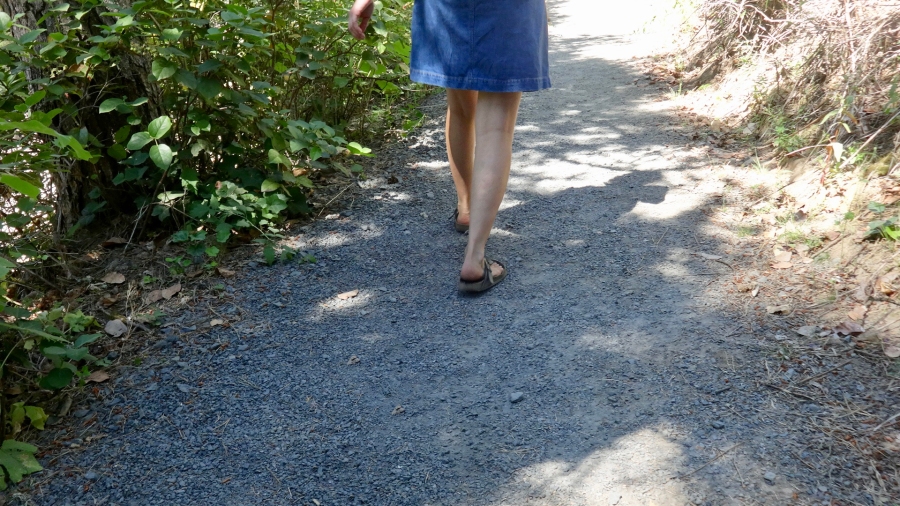
Sober Winter
Waiting on a slow line at dinner hour | air hunger befalls me, symptomatic | of nothing less than a moral panic. | Life’s too short for gas station flowers and boxed wine
Read More
Verse & Photography by Kay Kennett

Waiting on a slow line at dinner hour | air hunger befalls me, symptomatic | of nothing less than a moral panic. | Life’s too short for gas station flowers and boxed wine
Read More
All of this time spent
making and remaking home
in my latest self-image,
into bouquets of dried memories
laid out alive before me;
turning down the bed,
like an envelope full of flowers,

I hope you are okay.
Thanks. That’s all I have to say about that. Interesting how many platitudes have an opposite impact of their intent. Interesting how “hope” can be used to mean expect. Do I have an obligation to meet your expectations? To be “beautiful, smart, talented, and funny” because those are the qualities you expect to find in the legend of a woman who overcomes. What if I spent all of eternity mourning, pacing the banks of the high-water river, pleading with it to accept another day’s tears? Would that be “okay” with you?
Read More
I like how you spend your time
breathing—
into your pelvic fire,
to help signal a feeling of release,
balancing contentment with desire,
because it is necessary for holiness.
I like how you spend your time
eating—
what makes you pucker:
green tea, Montmorency cherries;
steeling yourself for loose hunger,
and for whomever says: Yes, please.

I have lived alone for one week of the past two hundred and thirty-nine weeks, starting April 15, 2020, which was to be the first day back to “normal” in Oregon — a long, but not too long, awaited release from holding all of the bad feelings that the COVID-19 lockdown brought up for the both of us; from the nightmares that the dreamcatcher above our bed failed to catch, at least on my side (which is a phenomenon that had started some time before) — and then it wasn’t.
Yesterday, I hung a string on the empty nail, and weighted it down with a stained glass pendant shaped like a rain drop. The symbol of my city. My city. I can’t remember having ever said that term aloud, neither in reference to this place where I am living now, nor the three others before it. In fact, I have lacked the sense of belonging to a place, and it reciprocally belonging to me, since leaving my hometown in 2010.
I believe this stems more from abandonment trauma and guilt than the romantic longing for small town life that I often speak and write about. I was passively separated from my place and people of origin at 17, due to my family’s choice to move to the South, and mine to attend a residential college in New England. As now, I was precocious; unlike now, I was not intimidated by “adulting,” because it hadn’t come into the lexicon yet.
I expected and was prepared to attend to my basic needs, pay my bills, and stay in school, but not for the shock of coming into consciousness of how much bigger everything was. There were bigger institutions than Fall Mountain Regional High School, bigger wealth than the family that owned the local pizza place, bigger people than “that one famous guy. . .What’s his name again?”
And so I felt small. Uncool. Uncultured. Unattractive. Unoriginal. If the Enneagram had been mainstream at the time, I might have seen what was coming. The Key Motivations of my Type, The Individualist, are:
to express themselves and their individuality, to create and surround themselves with beauty, to maintain certain moods and feelings, to withdraw to protect their self-image, to take care of emotional needs before attending to anything else, to attract a “rescuer.”
https://www.enneagraminstitute.com/type-4
I was drawn to people who thought they would be somebody someday, because they had a leg up on exposure to their options, and more options generally because privilege. People who grew up in cities, in homes filled with art, music, books, and two white professional class parents. I fell in love with them and the lifestyle they represented. My lifestyle improved, and so too my quality of life, but I was not happier. The problem was that it didn’t go both ways.
My partners held stereotypes and judgments about rural life that made it impossible for me to integrate my new self with the old, without the threat of abandonment. I felt pressure to keep up with their pace of life, which seemed to be set by an arbitrary array of virtue and status signals. But, I didn’t have the confidence that I could yet survive in an urban environment without a “rescuer.” And, rather, I should say don’t — because I am in the process of developing that confidence even now.
How’s it going? I have been sweating the small stuff all day and the big stuff all night. I have moved every object just enough from its former position to see it differently, flipped the reversible rug from the blue side to the tan, wheeled the kitchen cart from the edge to the center, and finally got a goddamn (free) couch. Unfortunately, there is one exception. The bed is literally too big to move myself, and wouldn’t fit any other way regardless.
So, I must plainly see its bigness relative to before. I wake in a humidity unfit for this region or season, with a natural curl in my hair, lost and returned from girlhood. Maybe I am new again. Maybe I dreamt that I crashed into the sea and was reborn an island. I cannot remember my dreams. It takes the first ten minutes after I awake just to remember that this is real.



